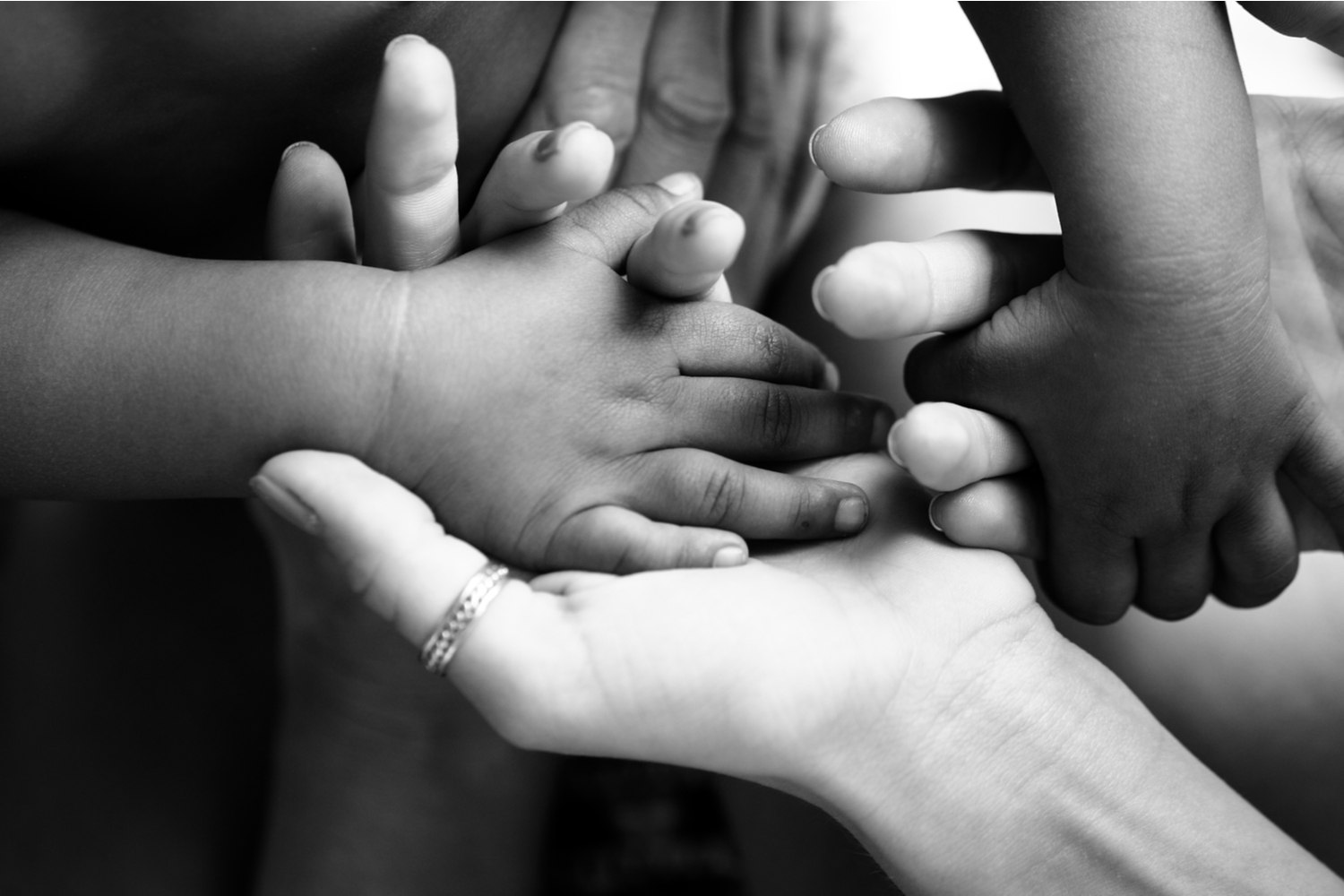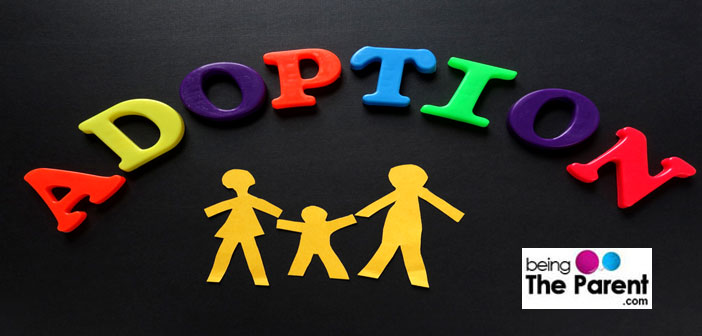 Adoption is a noble cause. Whether you are planning to adopt due to infertility reasons, social reasons, or due to a sense of responsibility to society, the decision to adopt a baby or a child is a brave one. But adoption is not a one-step process and there are many legal and social aspects you must go through before the process is complete. A complete knowledge of various facts on adoption in India is a good place to start.
Adoption is a noble cause. Whether you are planning to adopt due to infertility reasons, social reasons, or due to a sense of responsibility to society, the decision to adopt a baby or a child is a brave one. But adoption is not a one-step process and there are many legal and social aspects you must go through before the process is complete. A complete knowledge of various facts on adoption in India is a good place to start.
It is better to know the options you have and whether or not you are eligible for adoption according to Indian laws before you start with the process. If you are considering adoption, this article helps you answer the six most frequently asked questions about adoption in India.
In This Article
- What Are The New Rules Governing Adoption In India?
- Who Is Eligible To Adopt In India?
- When is a Child Eligible to be Adopted?
- What is The Procedure For Adoption in India?
- What Are The Types of Adoption in India?
- Can Adoptive Parent(s) Ask For a Specific Child?
What Are The New Rules Governing Adoption in India?
There have been many changes in the legalities involved in adoption in India, most of them applaud-worthy, and some still under debate. One of the most noteworthy changes is that adoption has become a “democratic” process, in the sense that the whole system is now online and a “waiting list” is put in place. Now parents are no longer at the mercy of individual adoption agencies. Rather, the whole process has become much more transparent.

The downside, however, is that the adoption agencies are no longer the “match-makers” between the child and the parents. They have become mere caregivers. While this has its benefits, it works against the adoption of kids who have disabilities, older kids and siblings. Activists fear that the new laws do nothing to assure or safeguard these kids’ adoption.
(Read more : Adopting a Special Child – Mental, Financial and Social Challenges)
Another noteworthy change in the law is that marital status is not a criterion anymore, which means that single parents can also adopt. (However, a single male cannot adopt a girl child).
Who Is Eligible To Adopt In India?
As a person or a couple who wishes to adopt, it is vital to understand the eligibility criteria so that you can proceed accordingly.
To be able to adopt in India, the following eligibility rules apply.
- An Indian, NRI or a foreign national can adopt in India.
- The parent(s) need to be financially stable.
- The parent(s) should not have any major physical or mental problems.
- Marital status is not a criterion, meaning single parents can also adopt.
- Having a biological child also does not impact adoption.
- The couple cannot have a cumulative age of more than 110 years.
- The couple should have been married for at least 2 years.
- The single parent cannot be older than 55 years.
However, a male is not allowed to adopt a girl child, and the age difference between the adoptive parents and the adopted child should not be less than 25 years.
(Read More) When Adoption Is A Good Option For You and Legalities Related to Adoption and Your Preferences
When is a Child Eligible to be Adopted?
A child needs to be “legally free” to be adopted. When any agency receives an abandoned child, the District Child Protection Unit puts up an alert with the child’s photograph and particulars in a state-wide newspaper. They also need to get the local police to trace this child’s parents. Only if the police give a report that states that the parents of the child are “non-traceable”, will the Child Welfare Committee declare that the baby or child is legally free and can be adopted.
What is The Procedure For Adoption in India?
Adoption in India is taken care of by Central Adoption Resource Authority (CARA). If you decide to adopt a child (Check Your Readiness For Adoption):
- First, you need to upload your documents to the CARA website
- A home study report will then be prepared, which will look at the adoptive parent(s)’ home and family. This report has a two-year validity
- The parents are then presented with a set of six children to select from, along with pictures and medical profiles (this will be generated based on parents’ choice of age, gender etc.)
- The parents can then meet the child selected and complete the adoption process
- The process follows a “first registered first served” approach
The entire process will take a few months to complete.

What Are The Types of Adoption in India?
There are different types of adoption procedures. They depend on two factors.
- The effect of the procedure on the biological mother of the child you are going to adopt.
- The location of the adoptive party (you) and the party at the other end (from where you adopt).
Here are the different types of adoptions in India.
1. Open Adoption
As the name suggests, the procedure of adoption is open. That means the child who you have adopted has the right to access his or her adoption records. This right is granted to the child when he or she attains the age of 18. Moreover, the biological mother of the adopted child is allowed to meet her child and be in touch with him or her.
However, the extent of the access depends greatly on the consent of both parties. One of the most important facts about open adoption is – the birth mother can meet the soon-to-be adoptive parents to choose which couple is the best for her baby’s adoption.
2. Semi-Open Adoption
This procedure is more or less similar to the former one, except for a little change that the biological mother of the adopted child is not allowed to have physical contact with her child once he or she is adopted. Once her child attains adulthood, semi-adoption can change to an open or a close one.
3. Closed Adoption
In this type of adoption, there is no contact (pre or post-adoption) between the birth mother and the adoptive couple. Most of the close adoption processes authorize the sharing of related information. However, in some cases, absolutely no information is shared. These kinds of rules are enforced, especially when the child has been rescued from an abusive environment.
4. Intra-Family Adoption
In this type of adoption, the procedure can be commenced within a family. Also, a child can be adopted by his or her step-parent (post the remarriage of the birth parent). This adoption can occur if a child’s biological parents have died or they are unable to afford the upbringing of their child.
5. Domestic Adoption
In this adoption procedure, the birth mother, as well as the adoptive parents, belong to the same country (citizens).
6. International Adoption
In an international adoption, a child can be adopted by an international couple (citizens of another county). In India, domestic adoption is prioritized. And when it comes to international adoption, PIOs and NRIs are given priority in comparison to foreign nationals.
Can Adoptive Parent(s) Ask For a Specific Child?
While parents cannot ask for a specific child, they can very well give their preferences, such as
- Age
- Gender
- Skin Color
- Health condition (including willingness to adopt a child with physical or mental disability)
- Religion
However, keep in mind that the more specifics you give, the more difficult it will be to match a child for you as the conditions bring down the pool of kids available for adoption.
Adoption is a big step for you and for your family. Apart from other considerations, a knowledge of the important facts on adoption in India is vital to help you in taking a call. We hope our article has helped you in getting all the information you need.
Read Also: Bringing Your Adopted Baby Home


1 Comment
how long does it take for adoption.thanks